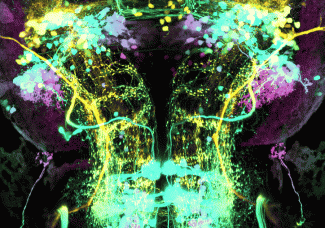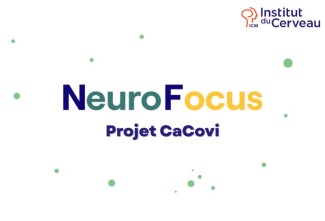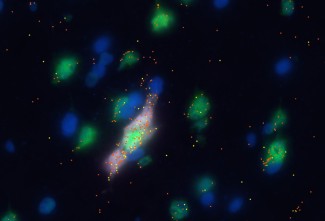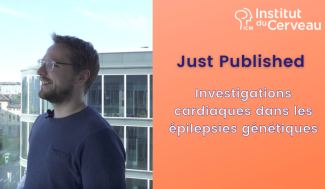The word ‘epilepsy’ originates from a Greek word meaning ‘to seize’, reflecting the sudden and unpredictable onset of seizures.
In France, 600,000 people are affected by this chronic neurological disease, which can present with different symptoms depending on the area of the brain affected. Around 50% of epilepsies begin before the age of 10.
-
50 millions de personnes touchées dans le monde (source : OMS)
-

600 mille personnes touchées en France
-
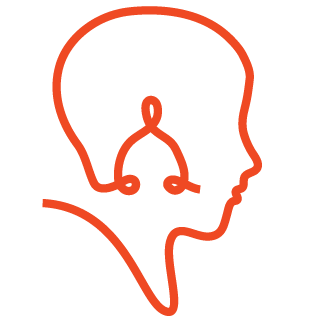
30 % des patientes et patients sont pharmaco-résistants
Epileptic seizures are caused by excessive brain activity resulting from the ‘hyperexcitation’ of nerve cells –the neurons in the cerebral cortex – and their synchronisation.
There are two different types:
- Generalised epilepsies, affecting around one third of patients, when all the neurons in the cortex are recruited immediately;
- Focal epilepsies, which begin in a specific region of the brain.
Epilepsy can be caused by different things; brain damage being one example. In this case, it is referred to as structural (formerly symptomatic) epilepsy. It could also be genetic in origin (idiopathic epilepsy), metabolic or autoimmune.
There is no single epilepsy, but rather several epileptic syndromes of varying severity, which are defined by the age of onset of seizures; their cause, nature and frequency; and their response to drug treatment.
Epilepsy is diagnosed based on the clinical symptoms reported by the
patient and their close friends and relatives during epileptic seizures, and electroencephalogram analysis. This is a recording of the electrical activity of the brain’s neurons. A brain MRI can also be performed to detect damage to the cortex.
Drug treatments today are effective for more than two thirds of patients; however, 30% of patients are drug-resistant. Surgery should be considered for these patients, because when the source of the seizure can be identified and operated on, patients may no longer have any seizures.
Biological mechanisms and causes of epilepsy
There are multiple causes of epilepsy, classified according to international criteria: structural causes (or symptoms of damage to the cortex), genetic causes, metabolic causes (for example, enzyme disease) and autoimmune causes (localised inflammation in the brain).
Sometimes, no cause can be identified.
Whatever the origin, epilepsies can be generalised (in around a third of cases) to the entire cerebral cortex, or focal (partial), when they are restricted to a specific, delimited area of the brain (two thirds of patients).
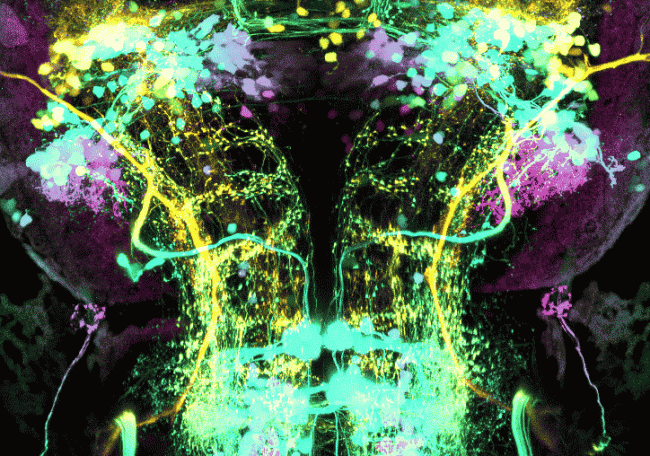

Epilepsy symptoms and diagnosis
An epileptic seizure is a transient clinical manifestation linked to sudden bursts of electrical activity in a specific region of the brain, or throughout the brain.
To diagnose epilepsy, the patient and their close family and friends are asked questions, and possibly shown a video of their seizure. An electroencephalogram (EEG) recording is also taken between seizures, and sometimes even during a seizure. Additional information is needed to identify the cause: brain imaging, and sometimes biological tests (blood samples, or even a lumbar puncture).


Treatments for epilepsy
How epilepsy is treated depends on what type of epilepsy it is (focal or generalised).
Anti-epileptic drugs help to control seizures in more than two thirds of patients. Sometimes, several drugs can be combined to control epilepsy.
In some forms of epilepsy, it is possible to stop treatment after several weeks.
When focal epilepsy is not controlled by anti-epileptic drugs, surgery should be considered.

Support Paris Brain Institute
Did you like this content and did it answer the questions you were asking? Don't hesitate to support Paris Brain Institute.

